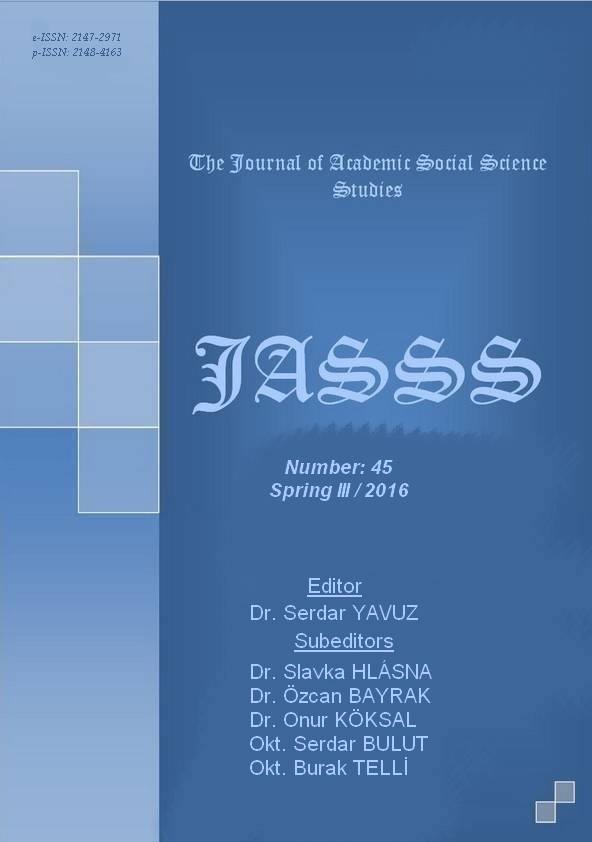Author :
Abstract
Bilincin herhangi bir dolayıma ihtiyacı olmadan kendi başına hakikati ortaya koyma becerisi gösterdiği inancı modern felsefenin en önemli yaklaşımıdır. Bu yaklaşım bilincin kendine ait yetenekleri ile evrensel, zaman üstü, mutlak bilgiyi elde edebileceğini varsaymış, bilincin yaşam içerisindeki dönüşümünü ve bu dönüşümün anlama deneyimimiz üzerindeki etkisini görememiştir. Hâlbuki bilincin şekillenmesinde etrafındaki varolanların önemli etkisi bulunmaktadır. Felsefe tarihinde meydana getirdiği felsefi düşüncesinde bu etkiye yer veren ve bilinci yaşam alanındaki diyalektik süreçte kavramak isteyen en önemli düşünürlerden biri Hegel’dir. Hegel ortaya koyduğu bilinç felsefesinde bilincin dönüşümünü varolan ile diyalojik bir eksende kurgulayarak göstermeye çalışmıştır. Onun bu yaklaşımı ontolojik anlama tavrının bir özelliği olan anlamanın diyalojik ve tarihsel eksende gerçekleştiği varsayımı ile örtüşmektedir. İşte bu çalışmamızda Descartes ve Kant gibi bilinci aşkınsal konuma yerleştirerek epistemolojilerini oluşturan düşünürlere karşı Hegel’in ortaya koyduğu bilinç felsefesindeki ontolojik anlama tavrı ortaya konulmaya çalışılmıştır.
Keywords
Abstract
The ability of revealing the truth itself without getting need mediation and the idea is the most significant approach of modern philosophy. This approach assumed that consciousness gets universal, timeless and absolute knowledge with its own abilities and could not notice the change of consciousness within life and the effect of this change on our comprehension experiment. However, existent has an important impact on the shape of consciousness. Hegel is one of the most important philosophers who included that impact in his philosophical thought he generated in history of philosophy and wanted to comprehend the consciousness within the dialectic process. Hegel has tried to show the change of consciousness by building between the existent and dialogical axis in his philosophy of consciousness. His approach coincides with the assumption that ontological understanding existed in dialogical and historical axis. In this study it is tried to reveal ontological understanding in philosophy of consciousness Hegel suggested against philosophers such as Descartes and Kant who generates epistemology by situating consciousness in transcendental position.





